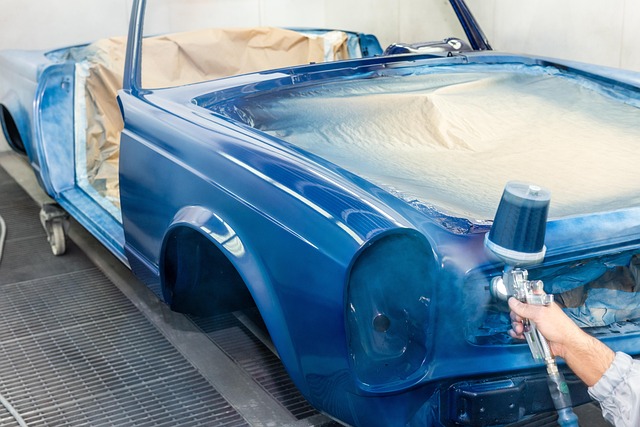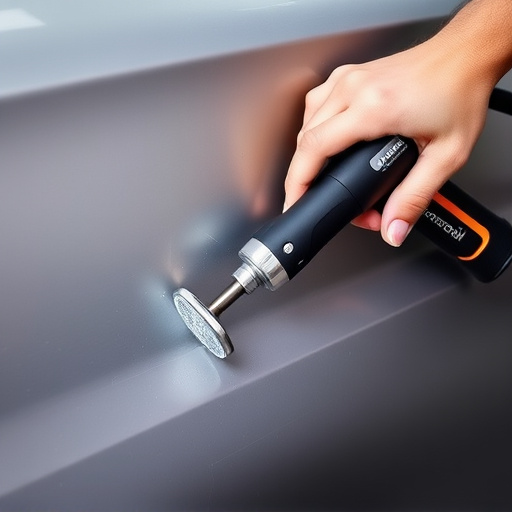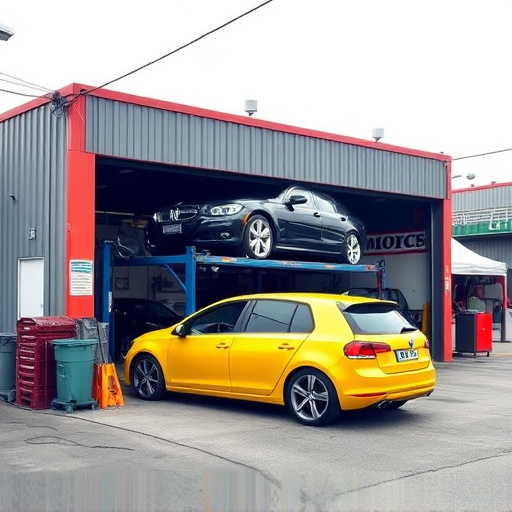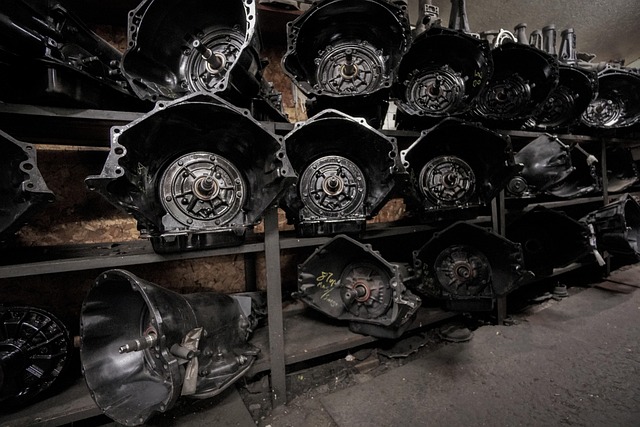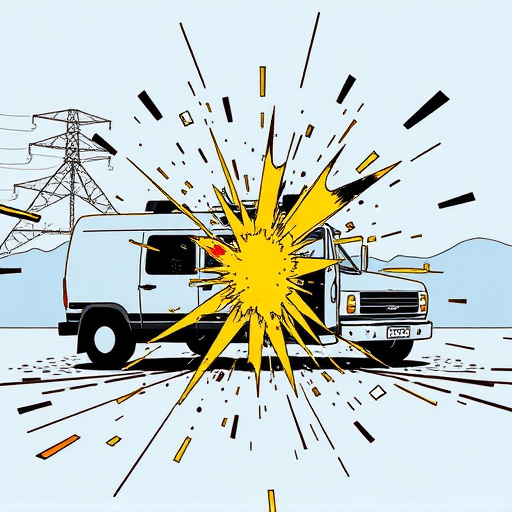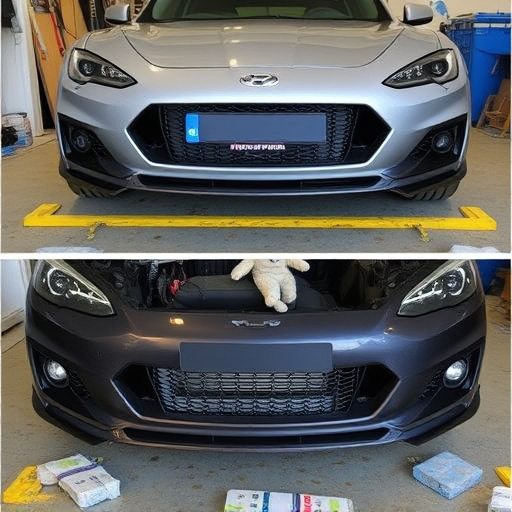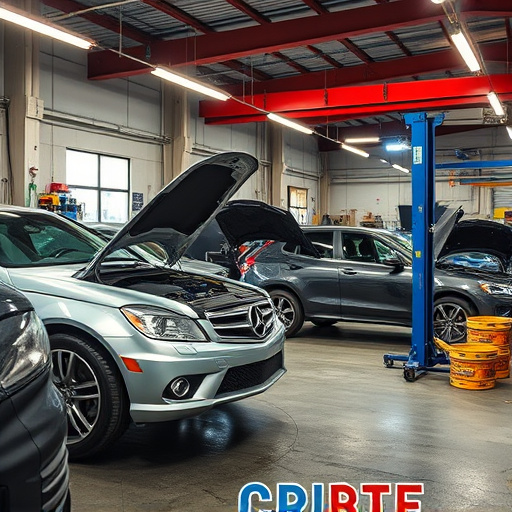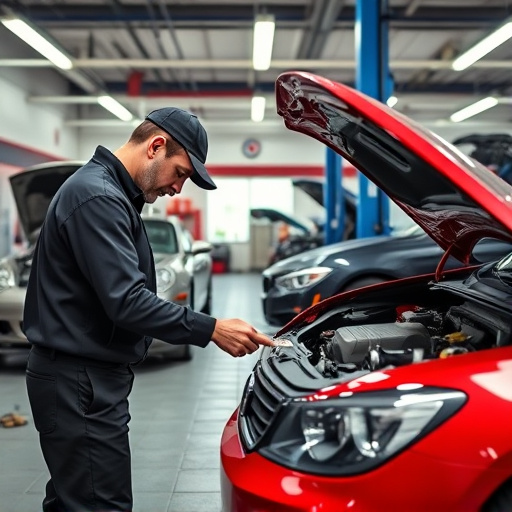Managing delay concerns in collision repair is vital for shop efficiency and customer satisfaction. Parts shortages, complex procedures, and equipment needs cause delays. Best practices include robust supplier relationships, advanced equipment, digital tools, streamlined communication, effective resource management, and setting clear expectations to minimize turnaround times, enhance quality, and build industry reputation.
In the fast-paced world of collision repair, managing delay concerns is crucial for shop management. This article delves into the core issues that cause delays, offering practical solutions to streamline processes and enhance efficiency. From understanding the root causes to implementing best practices in communication, these strategies ensure customer satisfaction while optimizing workshop operations. By adopting effective techniques, collision repair shops can minimize delays, boost productivity, and foster stronger relationships with their clients.
- Understanding Delay Concerns in Collision Repair
- Streamlining Processes to Minimize Delays
- Effective Communication: Managing Customer Expectations
Understanding Delay Concerns in Collision Repair
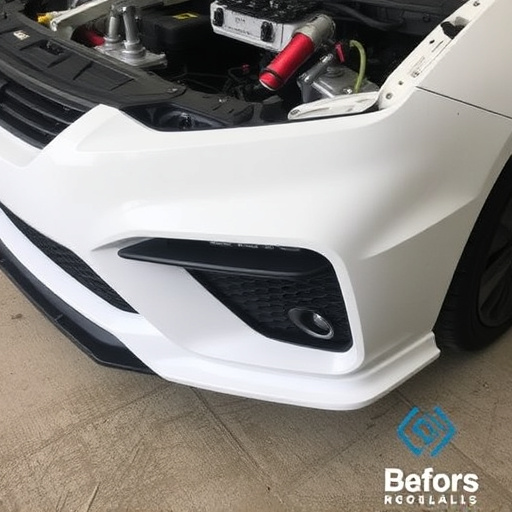
In the realm of collision repair, understanding delay concerns is paramount for efficient shop management. Delays can significantly impact customer satisfaction and the financial health of a repair facility. Common delay concerns include unforeseen parts availability, complex procedures in autobody repairs or frame straightening, and the need for specialized equipment. For instance, a delay in acquiring specific replacement parts can stall the entire repair process, causing frustration among customers waiting for their vehicles. Similarly, intricate dent repair techniques may require more time, especially when dealing with intricate body panel shapes and curvatures.
Recognizing these delay concerns is the first step towards implementing best practices. Effective inventory management, such as maintaining robust relationships with suppliers, can mitigate parts availability issues. Additionally, investing in advanced equipment capable of streamlining frame straightening and dent repair processes can reduce overall turnaround times. By addressing these delays proactively, collision repair shops can ensure a smoother workflow, enhance customer experience, and ultimately foster a positive reputation in the industry.
Streamlining Processes to Minimize Delays

In today’s fast-paced world, every minute counts for both customers and collision repair shops. Streamlining processes is a key strategy to minimize delays in autobody repairs, ensuring that vehicles are returned to their owners as quickly as possible. By implementing efficient systems, such as digital estimation tools and streamlined communication channels, collision centers can significantly reduce turnaround times.
Effective management of resources, including scheduling, inventory control, and training staff, is also vital. For luxury vehicle repair, where precision and quality are paramount, having well-oiled processes in place means the difference between a satisfied customer and one who seeks service elsewhere. This approach not only enhances customer satisfaction but also mitigates delay concerns associated with collision repairs.
Effective Communication: Managing Customer Expectations

Effective communication is a cornerstone when addressing delay concerns collision repair. Setting clear and realistic expectations from the get-go can significantly mitigate anxiety and dissatisfaction among customers, who often have tight schedules and high standards, especially when it comes to luxury vehicle repair. Shop managers should be transparent about the estimated time frames for various auto body services, outlining each step of the restoration process to avoid any surprises. Regular updates, even minor ones, can help manage customer expectations and foster trust.
For a collision center, efficient communication strategies are vital. Keeping customers informed allows them to plan their schedules accordingly, whether they need temporary transportation or simply peace of mind during the repair process. Additionally, clearly communicating any potential delays caused by unforeseen circumstances, such as parts availability or complex repairs, demonstrates professionalism and respect for the customer’s time and investment in their vehicle.
Delay concerns in collision repair can significantly impact shop reputation and customer satisfaction. By understanding common causes, streamlining processes through efficient management strategies, and implementing robust communication practices, collision repair shops can effectively minimize delays. These best practices not only enhance operational efficiency but also foster stronger relationships with customers, ensuring a positive experience despite unforeseen challenges.

